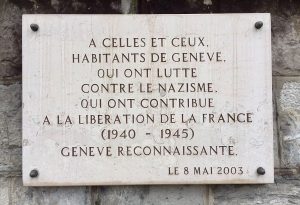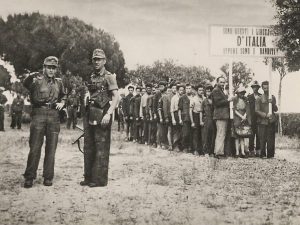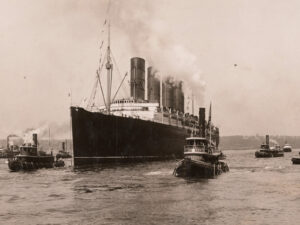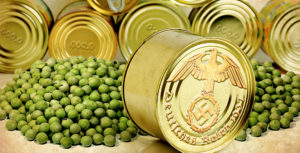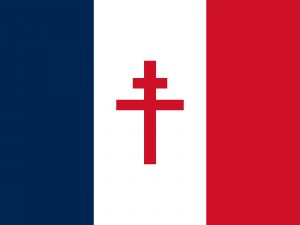
Swiss nationals in the Resistance
Thousands of Swiss people helped liberate France from German occupation. Hundreds of them were punished by Switzerland. They shall now be rehabilitated.
Geneva as a hub
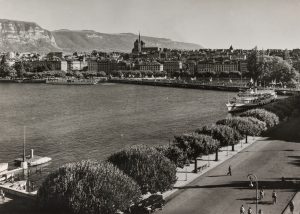
Powerful allure
Documentary about Swiss nationals in the Resistance, September 1995 (in German). SRF
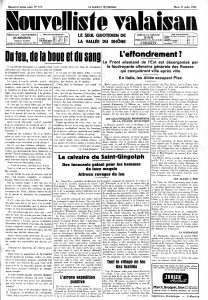
Great fear, tough sentences
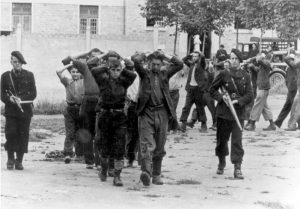
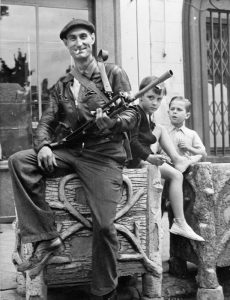
Some empathy
